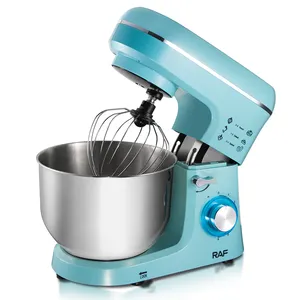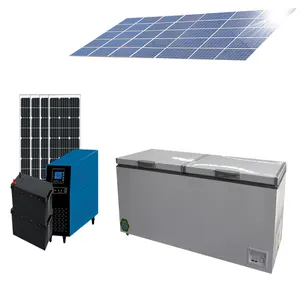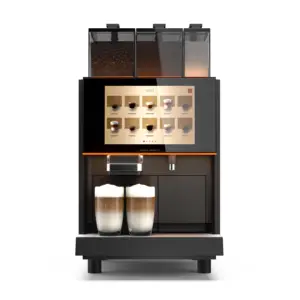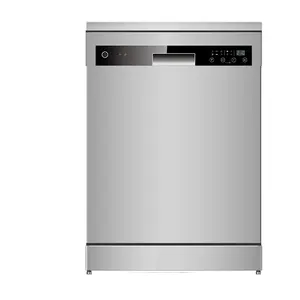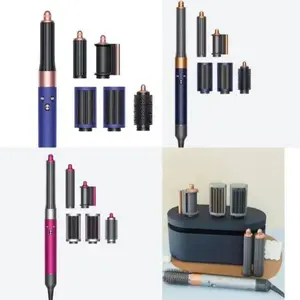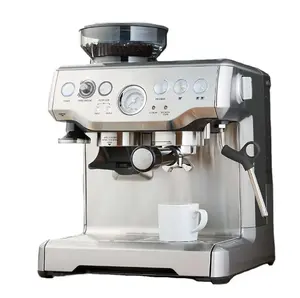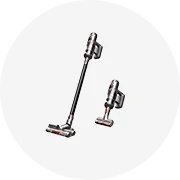Popular in your industry



























































 Ready to Ship
Ready to Ship





Related Searches:































 Ready to Ship
Ready to Ship






































































































Top categories
About fruit blender machine
What is Blender For Fruit Mixing
A blender for fruit mixing is an essential tool for both amateur home cooks and professional chefs alike. It is designed to puree or emulsify ingredients into a smooth consistency, making it ideal for creating a variety of beverages, sauces, and desserts. This device is particularly useful for those who wish to incorporate more fruits and vegetables into their diet in an easily digestible form, or for businesses that serve a large volume of blended foods and drinks.
The principle on which a blender for fruit mixing works is relatively simple. It features a motor that drives a rotating blade at high speeds, which then cuts through the contents inside the blender's container. The rapid blade movement creates a vortex that circulates the mixture, ensuring that all the ingredients are blended thoroughly. The longer the blending process continues, the finer the texture of the mixture becomes, due to continuous exposure to the blades.
Blenders for fruit mixing come in various shapes and sizes, with different features to suit different user needs. Some are designed with powerful motors to handle tough fruits and vegetables, while others may offer multiple speed settings for more precise control over blending. The containers or pitchers used in blenders are typically made from materials such as plastic, glass, or stainless steel and come with secure-fitting lids to prevent spills during operation.
Types of Blender for Fruit Mixing
In the market for a blender for fruit mixing, there is a diverse range of options available to suit various needs and preferences. Here's a closer look at some common types:
-
High-Speed Blenders: These are powerful machines designed to blend ingredients at high speeds, resulting in a very smooth consistency. They are commonly used in commercial settings like juice bars or busy restaurants where quick service is crucial.
-
Immersion Blenders: Also known as stick blenders or hand blenders, these are handheld devices with a motor that sits above the blending shaft. This design allows for direct immersion into the ingredients, making it ideal for pureeing soups or mixing batters.
-
Single-Serve Blenders: These are compact blenders with one or two cups designed for individual portions. They're perfect for making smoothies, juices, or small-batch recipes without much cleanup.
-
Countertop Blenders: These models feature a base where the motor is housed with various control settings, as well as a pitcher or blending jar. They offer high capacity for making multiple servings at once and are suited for both home kitchens and commercial use.
-
Portable Blenders: These are lightweight and equipped with a battery or USB rechargeable motor, making them convenient for travel or outdoor use where power sources may be limited.
Each type of blender is tailored towards specific applications, from single-serve personal use to high-volume commercial settings, ensuring that there is a blender to meet the demands of any fruit mixing task.
How to choose Blender For Fruit Mixing
Selecting the right blender for fruit mixing involves considering several factors such as capacity, power, speed options, material quality, and specific features that align with your business needs. For businesses focusing on B2B sales within the commercial food sector or those reselling blenders, understanding these elements is crucial for making informed purchasing decisions.
Capacity is a key consideration; blenders come in various sizes to accommodate different batch quantities and commercial needs. More powerful motors allow for faster blending but could also mean increased noise and energy consumption. Speed options provide versatility—one might need gentle mixing for certain fruits and faster speeds for harder ingredients.
Material quality is vital for durability and hygiene; stainless steel or BPA-free plastic options are common due to their strength and ease of cleaning. Moreover, features like variable speed control and automatic pulp ejection can offer businesses a competitive edge by catering to diverse customer preferences.
About Blender For Fruit Mixing on Alibaba.com
Alibaba.com stands out as an invaluable resource for businesses seeking quality commercial blenders suitable for a variety of applications. With an extensive selection from suppliers around the world, Alibaba.com facilitates finding the right blender that meets specific business needs—whether it's for food service, retail, or any other industry requiring blending solutions.
Businesses purchasing from Alibaba.com benefit from a platform that emphasizes ease of trade with features like mobile accessibility and multilingual communication. Additionally, services such as Trade Assurance offer peace of mind by protecting payments until delivery is confirmed complete. The diverse array of products ensures that whether you're looking for a high-capacity model or one with specialized functions like eco-friendliness or variable speed controls, you'll find suppliers ready to meet your requirements.
Alibaba.com's commitment to supporting small and medium-sized businesses is evident not just in its comprehensive product listings but also through its tailored trading experiences designed to help businesses grow globally. By choosing Alibaba.com as your source for wholesale commercial blenders, you're not just buying a product; you're expanding your business potential with a trusted partner in international commerce.
Common FAQs for Blender For Fruit Mixing
What is the difference between a centrifugal juicer and a masticating juicer?
Centrifugal juicers use fast-spinning blades to extract juice through centrifugal force, making them quick for large quantities. Masticating juicers crush produce more slowly, preserving more nutrients and being generally better for leafy greens and softer fruits.
How do I choose the right blade material for my blender for fruit mixing?
Blade material affects the durability and efficiency of a blender. Stainless steel blades are long-lasting and can easily handle ice and frozen fruits, while alloy blades may be sharper and better suited for leafy greens and herbs.
What features should I look for in a blender for smoothies?
For smoothies, look for a blender with a powerful motor and durable blades that can crush ice without getting damaged. Variable speed settings are also beneficial for achieving the right blend consistency.
Can a blender be used for food processing tasks as well?
Yes, many blenders come with accessories like blades and discs that can be used for various food processing tasks such as chopping vegetables, shredding, and making dough.
What is the importance of motor power in a fruit blender?
Motor power determines how quickly the blades can process ingredients. Higher motor power is essential for blending tougher items and ensuring a smoother texture in the final product.
How does the control type affect the use of a blender?
Push-button controls are typically easy to use and convenient for quick operation, while touchpads or knobs offer more precise control over the blending process.
What is the significance of the material used in the construction of a blender?
The material affects the durability and ease of cleaning. Stainless steel is robust and easy to clean, making it ideal for heavy use in commercial settings.
How do I maintain a blender to ensure longevity?
Regular cleaning according to the manufacturer's instructions and checking for wear or damage to the blades will help ensure the longevity of your blender.
What safety features should I consider when purchasing a blender for my business?
Look for features like automatic shutoff, overcurrent protection, and non-slip bases to ensure safe operation and prevent accidents in your business.
Is it better to choose a fixed-speed or variable-speed blender?
Variable-speed blenders offer more control over the blending process, allowing you to adjust the speed according to the ingredients' consistency. Fixed-speed blenders are typically used when consistency is not as critical.
What are after-sales services typically offered with the purchase of a blender?
After-sales services may include online support, video technical support, and engineers available to service machinery overseas. However, the availability can vary by supplier.
